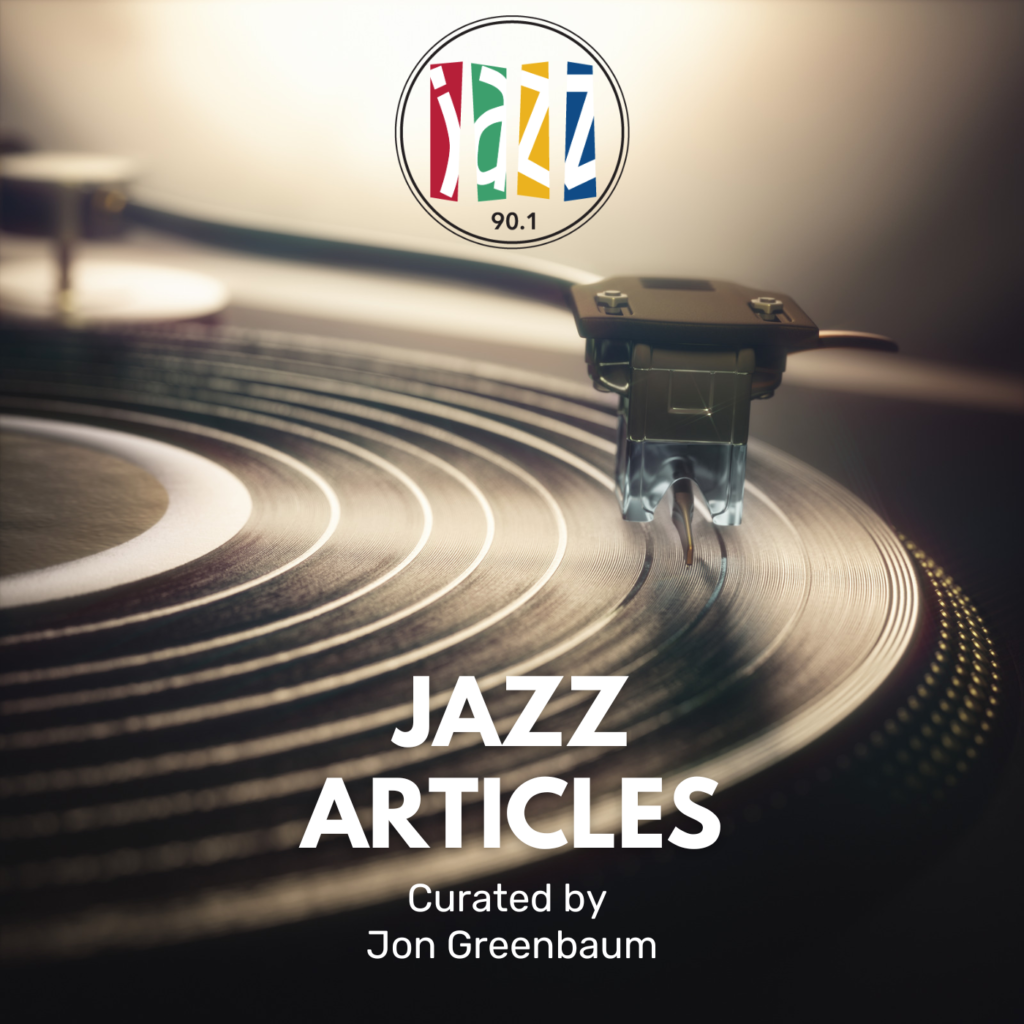Curated by North Star Sounds co-host Jon Greenbaum
Previous Articles:
Ethan Iverson
Black Artist Group (BAG)
International Anthem
MLK’s Essay on Jazz
Strata East Records
It’s been over a year since the website, Bandcamp, got bought out by Songtradr.
For those of you who aren’t familiar with the music retailing website, Bandcamp has been a bright spot in an industry transformed by private equity, speculative capital and corporate consolidation. We’ve reached new levels of winner-take-all inequality in music, as corporate execs and a handful of pop stars earn millions while Spotify denies start-up bands and journeymen any economic return until their streams exceed the required threshold.
Tales of artists ripped off by managers and labels are easy to find in memoirs and biographies of musicians in the 20th century. This new millennium presents a uniquely treacherous economic landscape for the modern musician attempting to make rent and pay the car note.
Bandcamp was originally launched to center the economic interests of the musicians and foster a sense of community amongst fans. The website funnels the vast majority of funds from each purchase to the artist. Musicians and labels post their music and decide how much of their album can be streamed; they also set the price of the album and/or singles for downloading and/or purchasing in physical media form (if available). You can see who else purchased the music, read their short reviews, and view what music other likeminded fans have purchased recently. And the website’s algorithm presents listeners with recommendations of other related releases. You can also “Follow” artists and labels on the website, receive email notifications when new releases are launched, and get invited to listening parties for new releases.
Bandcamp Fridays have become a mainstay for collectors. On these Fridays, the artists keep 100% of the transaction. And, for a few years, Bandcamp provided a home for dozens of staff whose explorations of the edges of various music genres became a vital resource for music collectors around the world. Their reviews and features directed fans to incredible new music that was languishing in the shadows or percolating in small local scenes. Their Best Jazz on Bandcamp feature also provided exciting recommendations about new releases.
Unfortunately, when Songtradr took over Bandcamp, half of the staff was axed. Although the site has continued providing content, the revelatory quality of reviews has dropped off considerably. This is most noticeable in the jazz realm.
George Grella Jr, however, is still on board and providing exciting reviews and guideposts (Shaun Brady is another gem). This month, he featured drummer Ronald Shannon Jackson, the Easy Star reggae label and the contemporary classical label, Wandelwiser Group. Last month, he memorialized downtown NYC pioneer Bob Ostertag and wrote guides to Marching Band and Library Music. You can also subscribe to Grella’s Substack here.
Grella’s feature on Melvin Gibbs, in particular, is not to be missed. Gibbs has played a role in a dizzying variety of pioneering music – from his days with Defunkt, providing the bass line that brought together some California teens who would become the Red Hot Chili Peppers, to Ronald Shannon Jackson’s Decoding Society, to The Rollins Band, to the Black Rock Coalition. He has helped push the boundaries of salsa, bossa nova (collaborating with Arto Lindsay and Marisa Monte), rock, and jazz and has played with David Byrne, Bill Frisell, Sonny Sharrock, Wadada Leo Smith, and Dave Douglas. Gibbs helped encode the DNA of the Knitting Factory scene.
With Brandon Ross and J.T. Lewis, Gibbs joined forces in the band Harriet Tubman, melding the worlds of dub and rock in a creative improvisation setting, rewarding listeners with waves of dense, bubbling sound and rhythm.
Gibbs is also a frequent guest on Mitch Goldman’s Deep Focus podcast, providing theoretical and contextual insight on jazz pioneers. Grella aptly captures Gibbs’ perspective here:
Gibbs thinks deeply about music—his own and what he hears in the world around him. He is a crusader for music he describes as “experimental or deconstructive creative music that is melded with overtly Black rhythms.” That phrase is a concise description of what he has been playing for decades, and hints at how intellectually and physically exciting and satisfying his playing is, and how influential it’s been.
Grella’s posts on Bandcamp provide hope that labors of love can continue to survive speculative capital’s interest in the arts.
NB – George Grella Jr is the son of the George Grella who wrote movie reviews for City Newspaper in the aughts.

